Clint Eastwood’s “Juror #2”: A Look at the Veteran Director’s Latest Project
Clint Eastwood, a name synonymous with Hollywood greatness, has once again taken his place behind the camera for his latest directorial project, “Juror #2”. At the age of 94, Eastwood remains an enduring figure in cinema, with a career spanning over six decades as an actor, director, and producer. “Juror #2” could very well be his swan song, marking the culmination of an illustrious career filled with timeless classics. In this article, we’ll explore Eastwood’s latest project, the themes it addresses, the significance of this film, and what audiences can expect from what might be his final directorial endeavor.
Overview of “Juror #2”
“Juror #2” is Clint Eastwood’s latest directorial film, and it revolves around a tense courtroom drama. The story centers on a juror in a high-profile murder trial who begins to realize that he may have played a role in the crime being investigated. Torn between his moral duty to deliver justice and his instinct for self-preservation, the juror is faced with an impossible dilemma that challenges the integrity of the justice system.
- Genre: “Juror #2” falls under the crime thriller and courtroom drama genres, blending Eastwood’s classic storytelling approach with moral complexities and suspenseful tension. It promises to be an engaging story that reflects on the delicate balance between justice and personal morality.
- Plot Dynamics: The narrative unfolds within the confines of a courtroom, where the character must navigate the tense, high-stakes atmosphere of the trial while grappling with his own guilt. The film is poised to explore themes of conscience, justice, and redemption, hallmarks of Eastwood’s body of work.
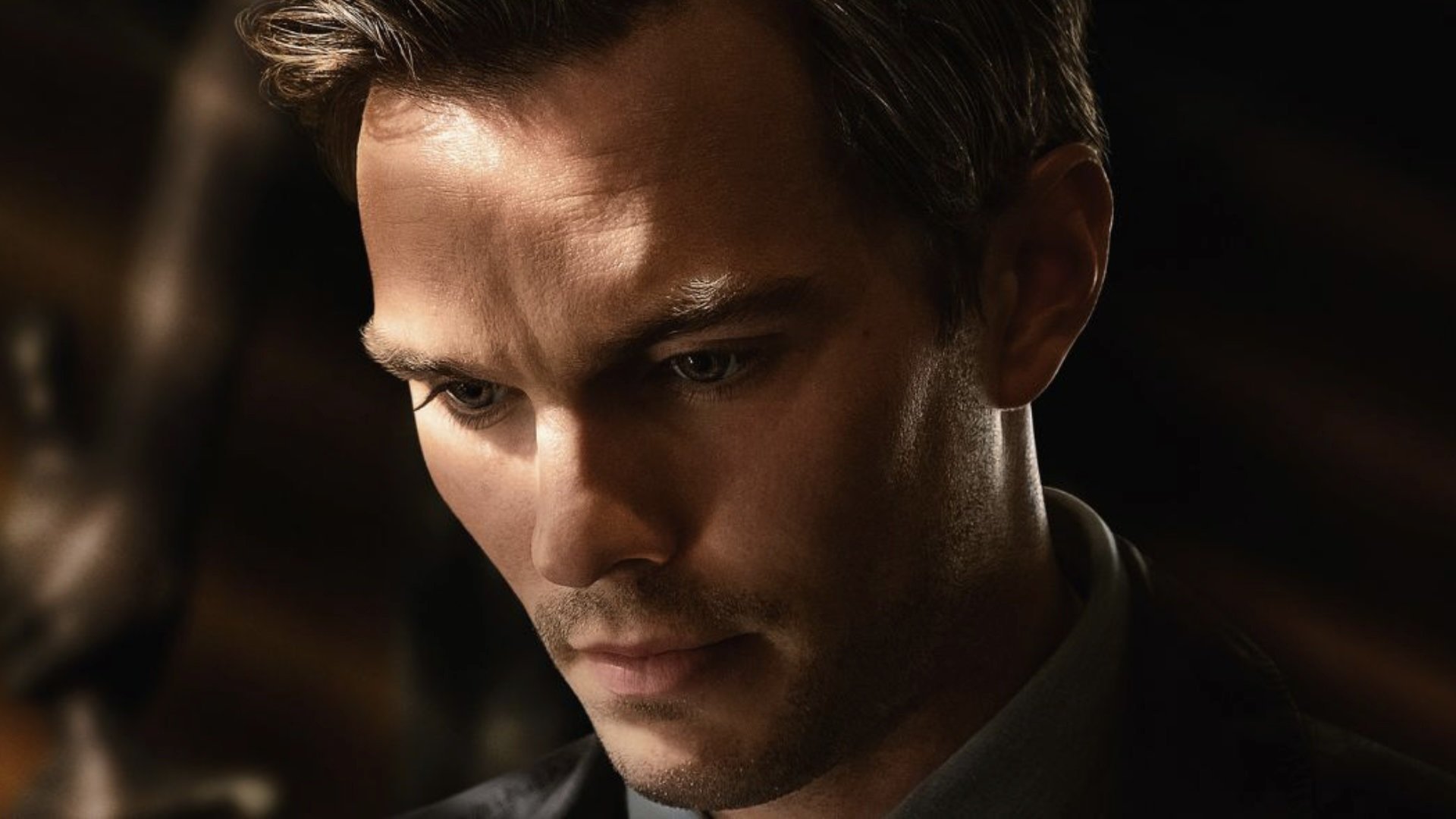
Themes in “Juror #2”
Clint Eastwood has often been drawn to stories with rich thematic undercurrents, and “Juror #2” is no exception. The film delves into several of Eastwood’s favored themes, providing a deep exploration of the human condition.
1. Moral Ambiguity and Personal Responsibility
“Juror #2” highlights the concept of moral ambiguity. The protagonist is both a juror—whose job is to uphold justice—and a person who may be implicated in the crime. This duality creates a tension that challenges the character’s beliefs about morality and responsibility.
- Conflict of Interest: The juror faces a profound internal conflict as he struggles to determine whether he can, or should, reveal his role in the crime. This theme of conflicting moral obligations adds a unique twist to the courtroom drama, making the character’s journey deeply introspective.
- Conscience vs. Duty: Similar to Eastwood’s past works like “Million Dollar Baby” and “Gran Torino“, “Juror #2” examines the conflict between personal conscience and social duty, posing questions about what it means to do the right thing when personal consequences are at stake.
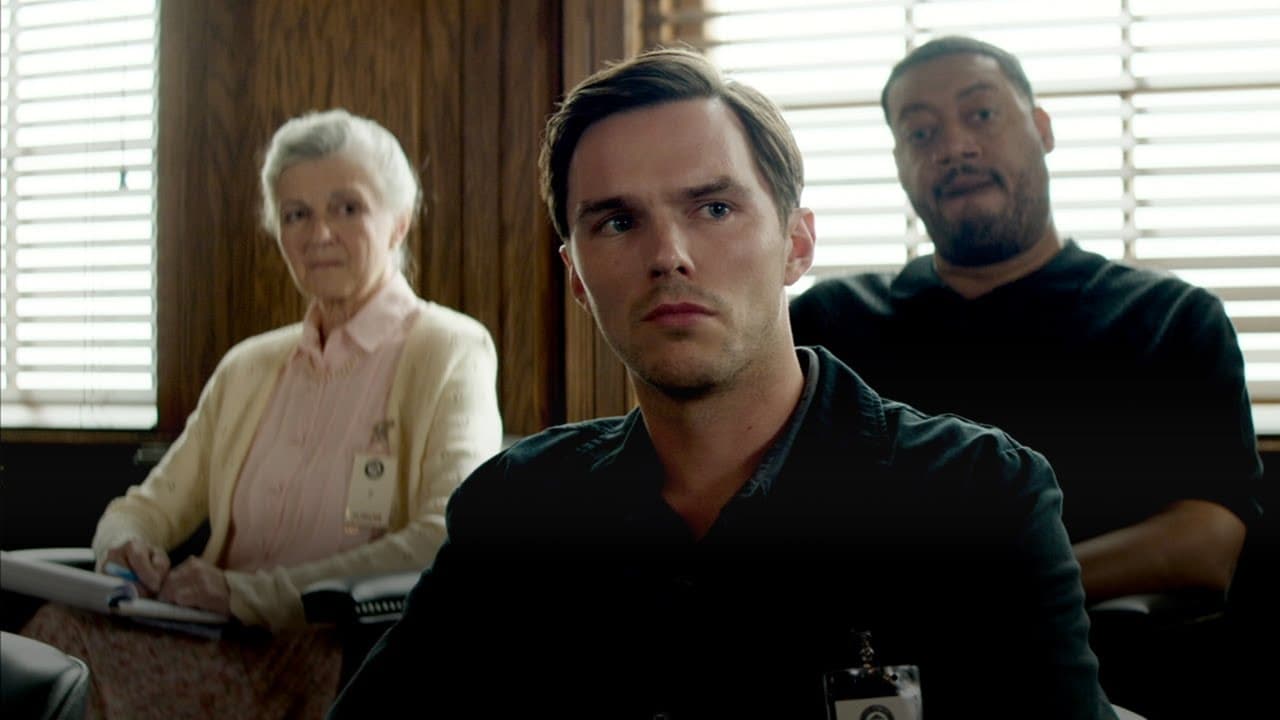
2. Justice and the Legal System
The legal system has been a recurring setting in numerous cinematic classics, but Clint Eastwood’s take on a courtroom drama promises to bring new layers to the genre. The film is likely to scrutinize the concept of justice in a way that challenges audiences to reconsider how the legal system operates.
- Integrity of the Legal System: Eastwood often questions institutions in his films, and “Juror #2” could serve as a critique of the flaws within the judicial system. By placing the protagonist in a conflicted position, Eastwood seems to be challenging viewers to ask themselves whether the justice system can truly remain impartial.
- Moral Complexity: The film’s premise puts not only the juror but also the entire legal framework under scrutiny. It raises the question of what happens when the very individuals tasked with upholding justice are flawed, a theme that resonates in many of Eastwood’s previous directorial projects.
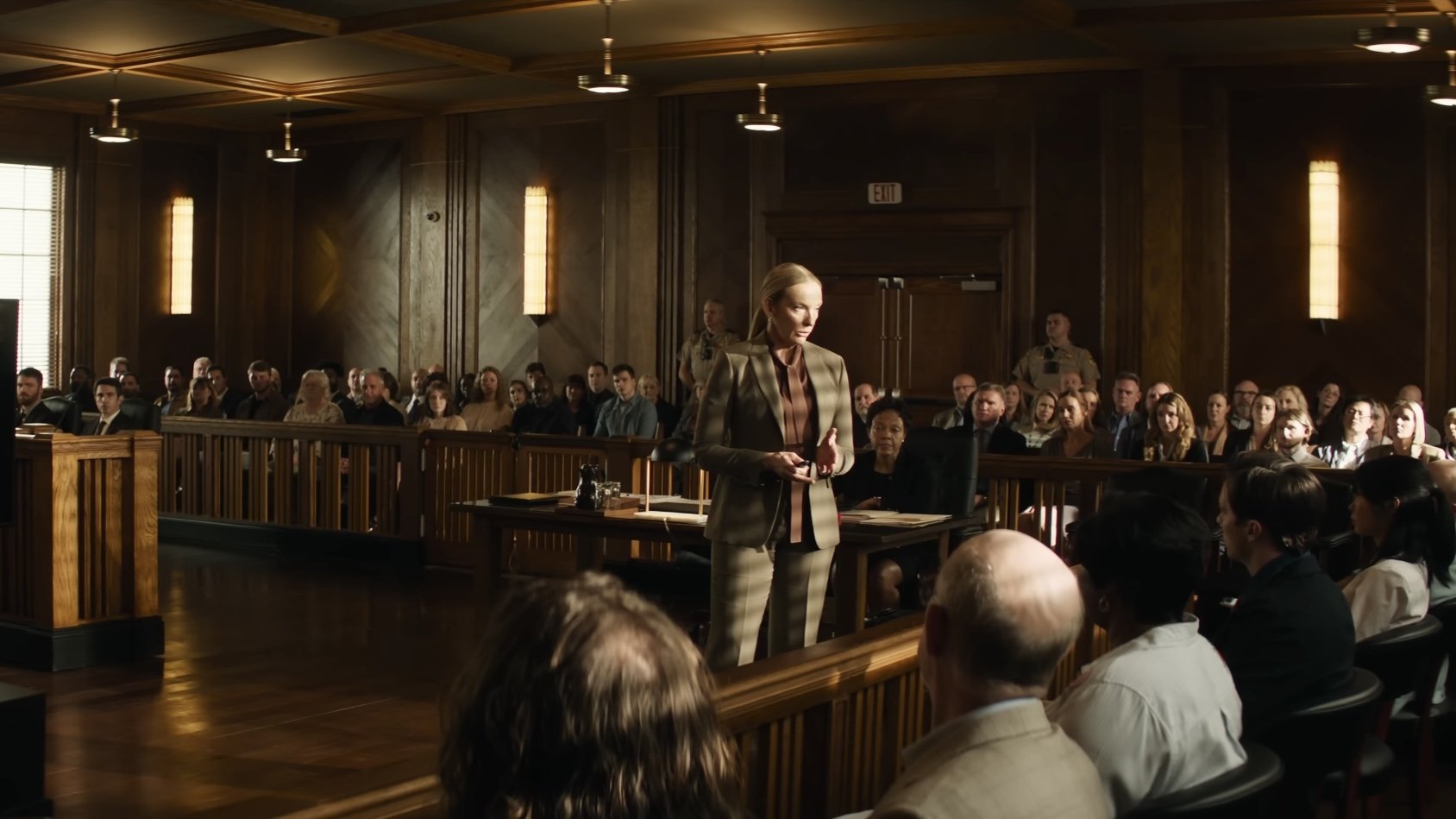
Casting Choices: Bringing “Juror #2” to Life
Clint Eastwood is known for his knack for bringing out some of the most nuanced performances from his actors, and “Juror #2” is no exception. The casting choices for the film reflect Eastwood’s preference for authenticity and depth in his characters.
1. Nicholas Hoult as the Juror
Nicholas Hoult has been cast in the lead role of the conflicted juror. Hoult, known for his roles in “Mad Max: Fury Road” and “The Great“, brings a level of intensity and vulnerability that suits the moral complexities of the character. The role presents a significant departure from his previous work, giving Hoult the opportunity to delve into a darker and more introspective side of acting.
- Emotional Depth: Hoult’s ability to convey a wide range of emotions is essential for a character that must navigate the fine line between guilt and justice. The role demands subtlety, and Hoult’s past performances suggest that he is well-equipped to meet the challenge.
2. Toni Collette as the Defense Attorney
Toni Collette has been cast as the defense attorney, and her involvement adds considerable star power to the film. Collette is well-known for her dynamic performances in films like “Hereditary” and “Knives Out“, and her ability to bring a commanding presence to the screen makes her a perfect fit for the role.
- Commanding Performance: As a defense attorney, Collette’s character will play a pivotal role in driving the tension within the courtroom. Her expertise in portraying complex characters will add layers to the legal battles that unfold on screen.
- Supporting Cast: Alongside Hoult and Collette, the supporting cast is expected to include a talented ensemble of actors, each contributing to the gripping dynamic of the courtroom setting.
Clint Eastwood’s Legacy: The Significance of “Juror #2”
1. A Potential Swan Song
Clint Eastwood has made an indelible impact on Hollywood, both as an actor and as a director. At 94, “Juror #2” might be his final directorial project, marking the end of a prolific career that has spanned over six decades. Eastwood’s late-career films have often been reflective and introspective, and “Juror #2” appears to be in line with this pattern.
- Reflective Storytelling: Eastwood’s recent works, such as “The Mule” and “Cry Macho“, have explored themes of redemption, mortality, and the human condition. “Juror #2” seems poised to continue this reflective storytelling, offering a fitting conclusion to his career.
- A Master at Work: If “Juror #2” is indeed his last film, it will serve as a testament to Eastwood’s enduring passion for filmmaking. Audiences can expect the meticulous craftsmanship, emotional depth, and strong storytelling that have characterized Eastwood’s work for decades.
2. Impact on the Courtroom Drama Genre
Eastwood has a history of elevating genres through his unique approach, and “Juror #2” could be his opportunity to leave his mark on the courtroom drama genre. By blending the suspense of a crime thriller with the tension of a legal drama, Eastwood may provide a fresh perspective on a classic cinematic setting.
- Reinventing the Genre: Courtroom dramas often follow a familiar formula, but Eastwood’s approach to “Juror #2” promises to inject new life into the genre by focusing on the moral dilemmas of a juror rather than just the legal proceedings.
- Audience Expectation: Fans of Eastwood’s previous films can expect the same uncompromising storytelling that has become his trademark. The film is likely to leave audiences questioning their own beliefs about justice, truth, and morality, which has always been a hallmark of Eastwood’s directorial style.
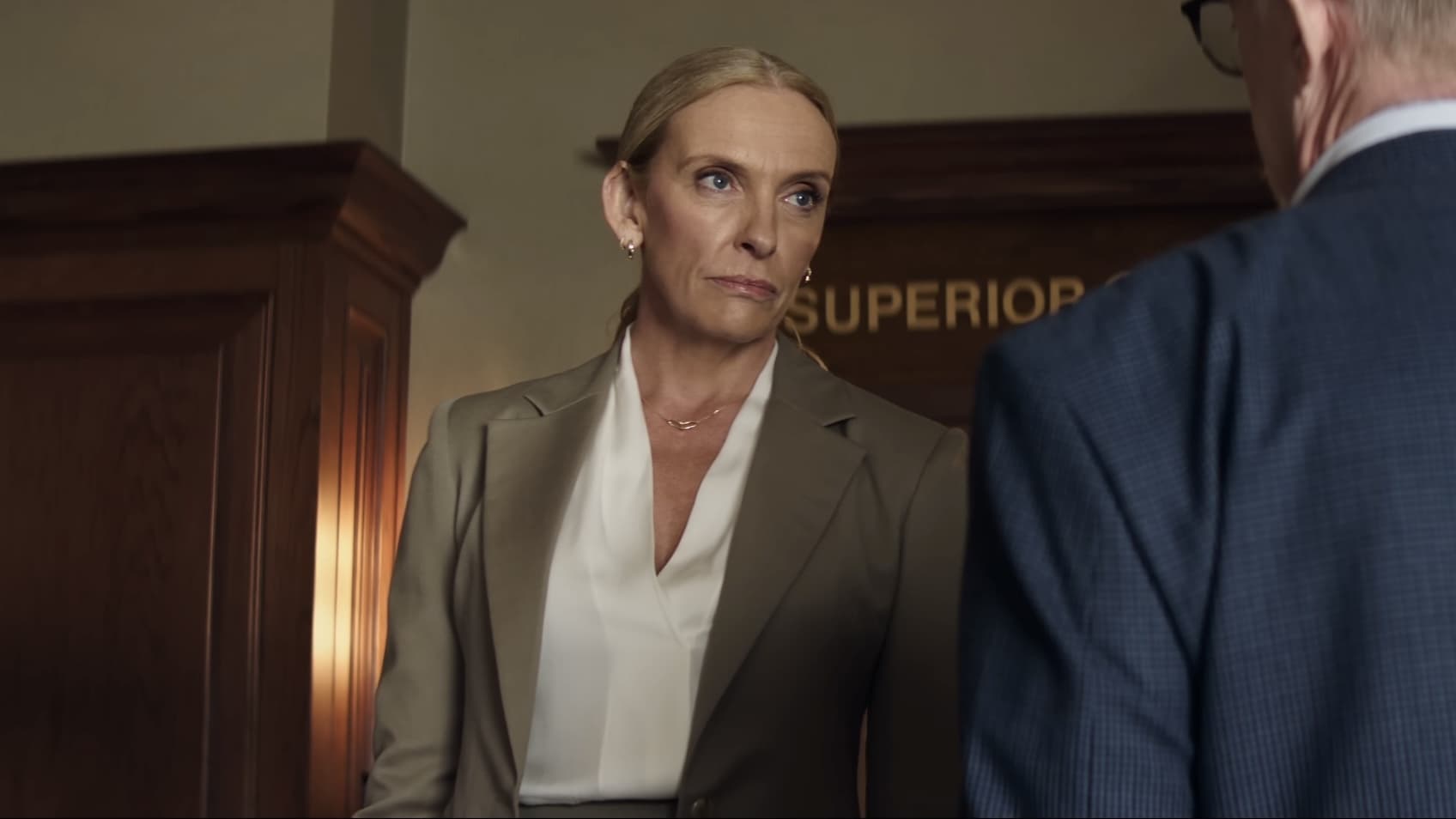
Conclusion
Clint Eastwood’s “Juror #2” is shaping up to be a tense and thought-provoking courtroom drama that explores themes of morality, justice, and personal responsibility. With strong performances from a talented cast, including Nicholas Hoult and Toni Collette, and Eastwood’s masterful direction, the film promises to deliver a powerful and emotionally charged experience. As potentially Eastwood’s final directorial project, “Juror #2” is not just another film—it is a reflection of a legendary filmmaker’s enduring legacy.
Whether it ends up being his swan song or simply another addition to an already illustrious career, “Juror #2” will undoubtedly be a film that captures the essence of Clint Eastwood’s storytelling. Fans and cinephiles alike will eagerly await the release of this courtroom thriller, ready to witness the veteran director’s latest and perhaps final work.

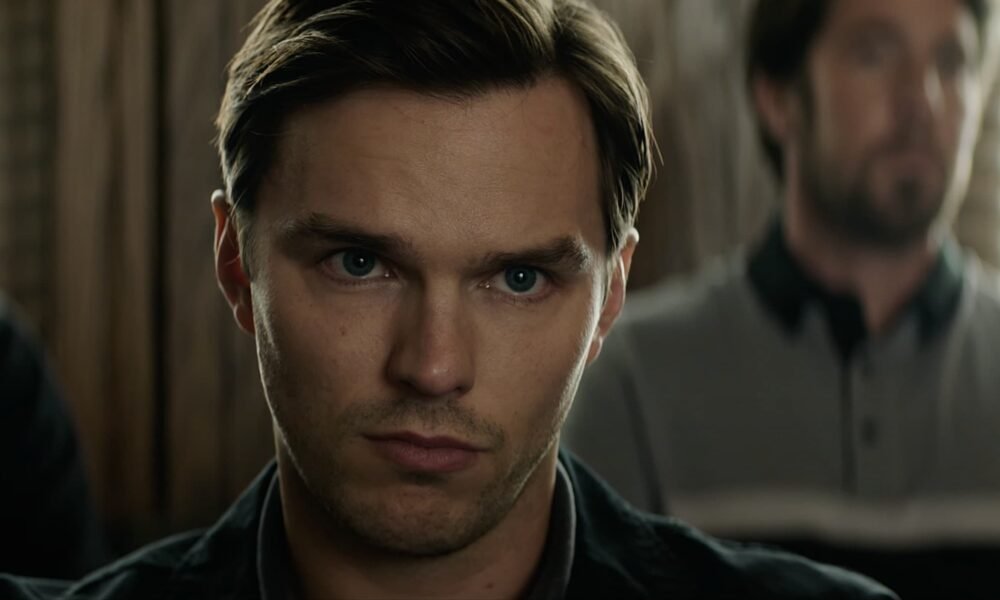


No Comment! Be the first one.